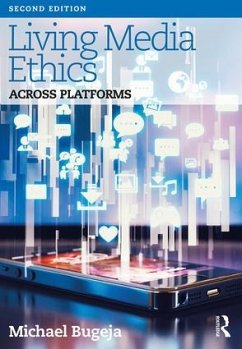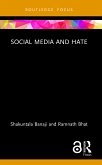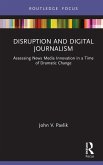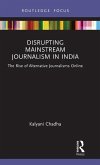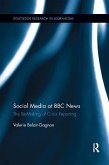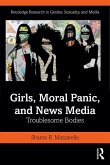Winner of the Clifford G. Christians Award for Research in Media Ethics, Michael Bugeja's Living Media Ethics posits that moral convergence is essential to address the complex issues of our high-tech media environment. As such the book departs from and yet complements traditional pedagogy in media ethics. Bugeja covers advertising, public relations and major branches of journalism, as well as major schools of philosophical thought and historical events that have shaped current media practices. Examining topics including responsibility, truth, falsehood, temptation, bias, fairness, and power, chapters encourage readers to develop a personal code of ethics that they can turn to throughout their careers. Each chapter includes exercises, as well as journal writing and creative assignments, designed to build, test, and enhance individual value systems. Unlike other texts, this media ethics book ends with an assignment to create a digital portfolio with personal ethics code aligned with a desired media position or company.
Hinweis: Dieser Artikel kann nur an eine deutsche Lieferadresse ausgeliefert werden.
Hinweis: Dieser Artikel kann nur an eine deutsche Lieferadresse ausgeliefert werden.

